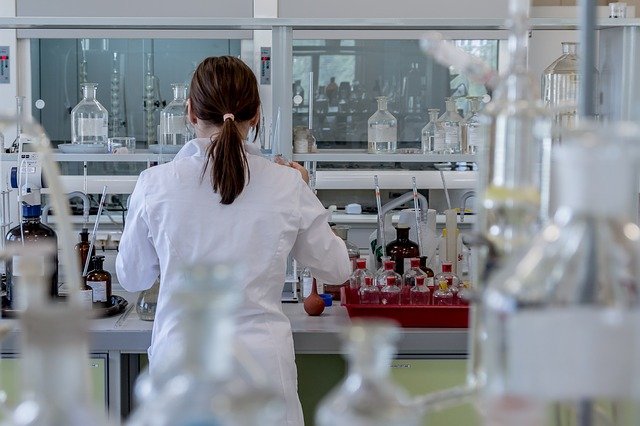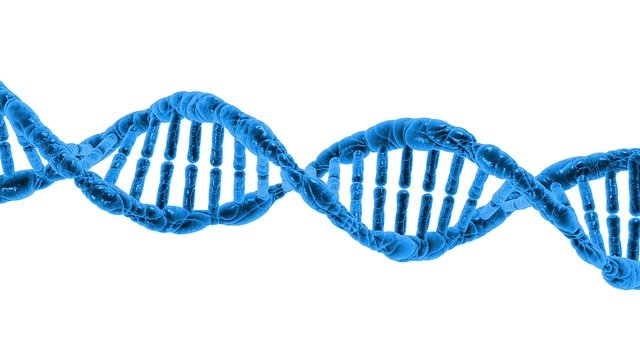Big data is big money, and corporations such as Google and Facebook have made billions out of your personal information. Medical and genetic data is worth even more, and companies may be profiting from it whenever you take a genetic test. The solution in giving people back control over their genetic and DNA data is the blockchain.
According to reports, consumer genetic testing saw unprecedented public demand last year. Companies, such as AncestryDNA, carried out an estimated 10 million tests on individuals. While they charge for these tests, the real value is in the genetic and DNA data which can be sold on to third party medical companies.

Genome Demand
There is a growing demand for genome data and research which brings about a conflict between individuals, corporations, and medical facilities. A solution lies in a decentralized blockchain and crypto token that facilitates the encrypted exchange of medical and genetic data. It is a fledgling industry, attracting a number of startups eager to employ blockchain technology to innovate solutions.
One platform, Encrypgen, allows users to upload and securely store genomic data for up to five family members. This data can then be shared with their doctor after permission has been granted. Sequencing providers on the private blockchain can be used, or customers can upload their DNA from third party providers. Users can get notifications when a third party is interested in purchasing some of their genomic data. The transaction will be facilitated with DNA crypto tokens and recorded on the public ledger.

Crypto Genetics
Other companies are entering this embryonic industry with platforms of their own. Zenome uses nodes on a network of private computers to achieve a distributed approach to genetic analysis. The data is fragmented and encrypted to prevent theft and can be uploaded for no charge initially. Secure storage and a free report about your health and origin is provided in return. Users can choose whether to sell any of their own data using the firm’s own crypto token, ZEN.
Luna DNA has a slightly different approach, enabling users to upload their data for health research purposes in exchange for some Luna Coin. The depersonalized data can be bought by research academies and pharmaceutical companies. Specific genome testing will only be implemented with the user’s consent.
It is not easy putting a dollar value on the human genome, so only time will tell if these innovative, blockchain approaches to genetic data trading will pay off for individuals.
Would you sell your genetic data on the blockchain? Let us know in the comments below.
Images courtesy of PublicDomainPictures and Pixabay.
The post DNA Data Marketplace on the Blockchain appeared first on Bitcoinist.com.
